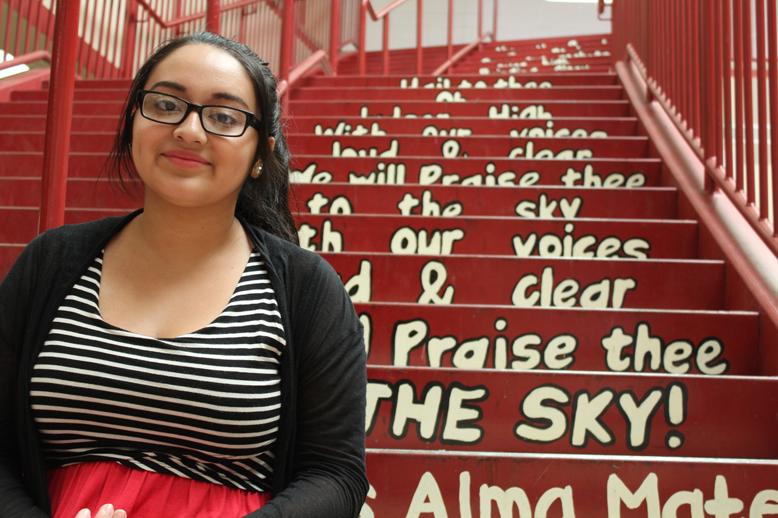We need education reform
We exist in a sovereign state that liquidates its own education system, creates standardized tests that are valued higher than actual intellectual thinking, where it’s people are humiliated by a number on a piece of paper, where money is always the motive.
America’s education system places its citizens into a caste system in which progressivism isn’t achieved. We’re deemed by numbers on weights, averages, percents, and GPAs.
“In too many schools, there is unnecessary testing and not enough clarity of purpose applied to the task of assessing students, consuming too much instructional time and creating undue stress for educators and students,” President Obama recently said. “The Administration bears some of the responsibility for this, and we are committed to being part of the solution.”
In fact, even the U.S Supreme Court characterized America’s school system as “chaotic and unjust.”
As students continue to progress throughout the American school system, it becomes more apparent that school is about passing rather than learning. From grade school, our minds are filled with knowledge which purpose is only to pass that said course.
Teachers are becoming less valuable. They can inspire, motivate and achieve; but linger in a predicament in which children resist learning, and are not applauded enough for their efforts. Although there are exceptions, in many instances teachers are blamed for their student’s under-achievements.
In an ideal school system, leaders must understand their mission is to not only teach cognitive abilities, but also promote emotional, social, and physical learning that transcends a child’s life.
Kids are thrown into a system full of diversity, in which could be further improved by standardizing what gets taught and how it’s addressed to the students.
The goal of an ideal education system is not on a fixed set of knowledge, but on a series of flexible habits of the mind that can guide a child through life. It consists of a community coming together to nurture and understand the emotions teens face. More importantly, an ideal school should have a curriculum that focuses on real world problems and priorities.

